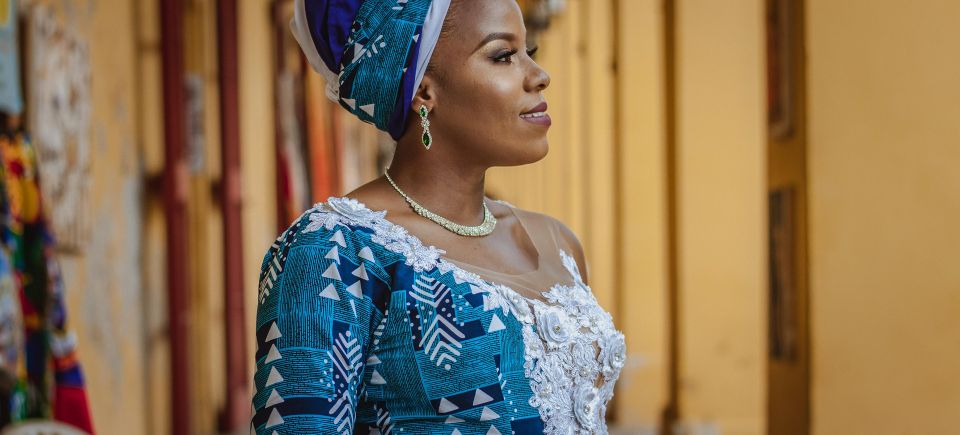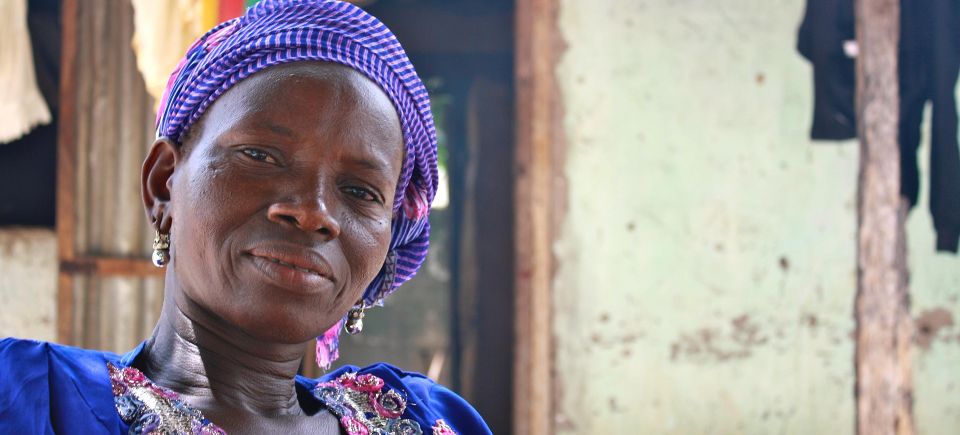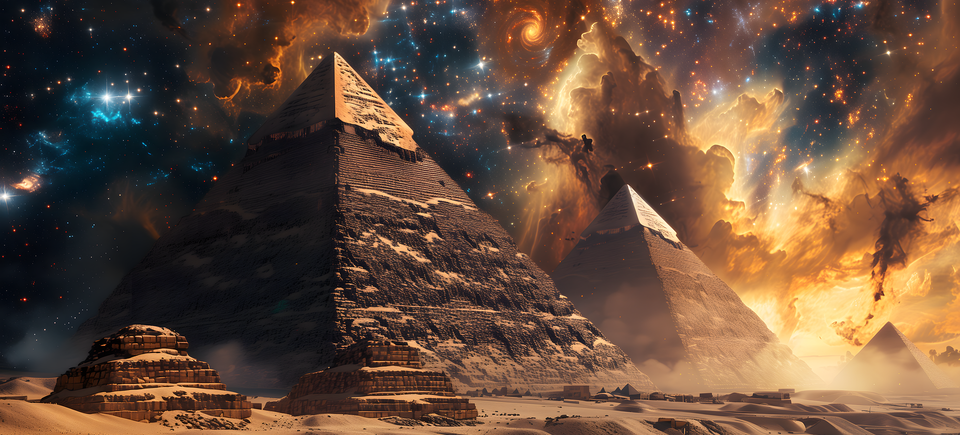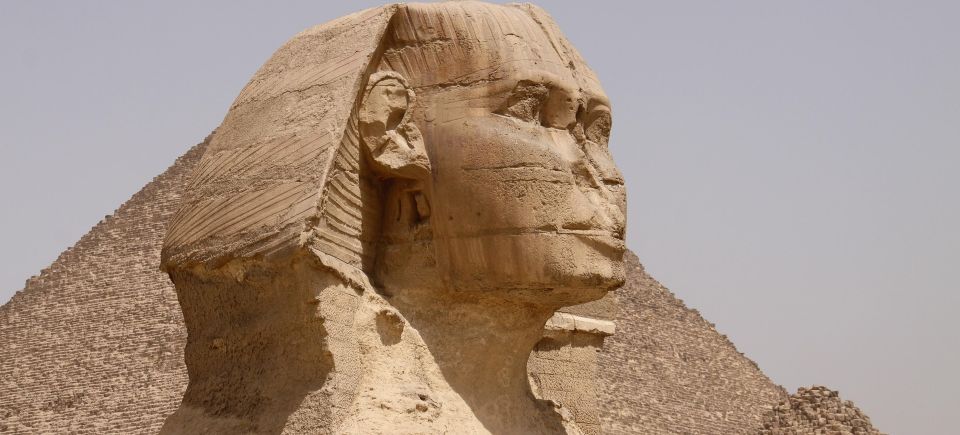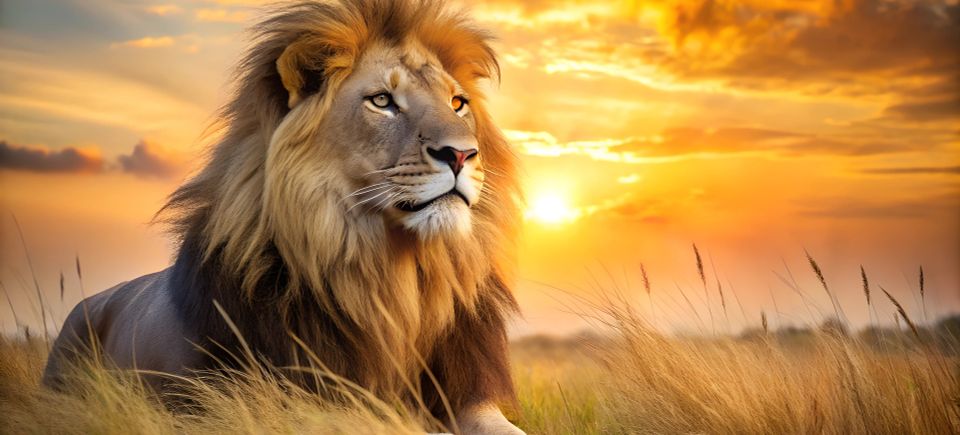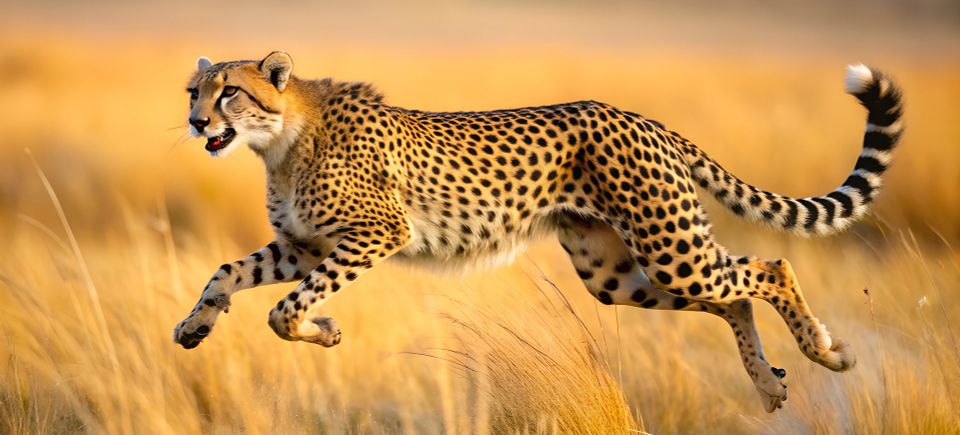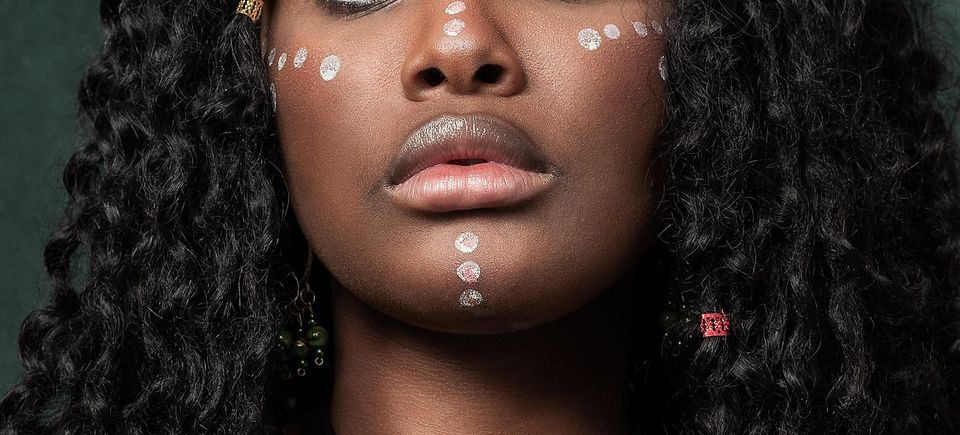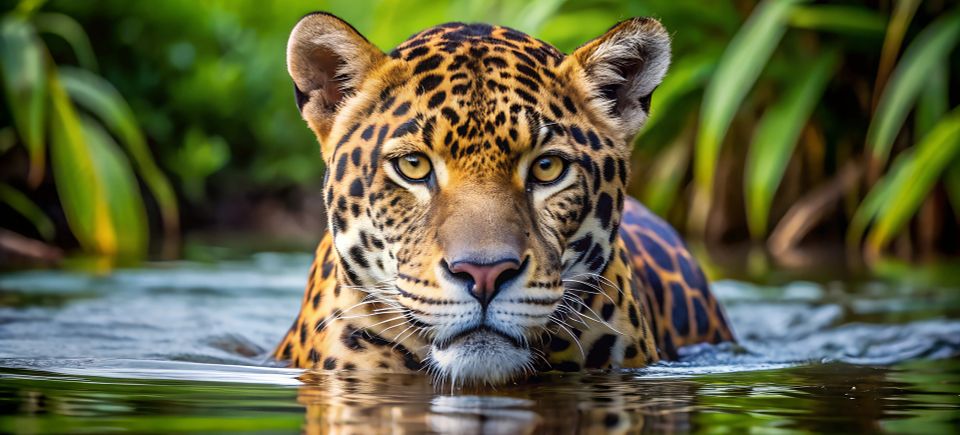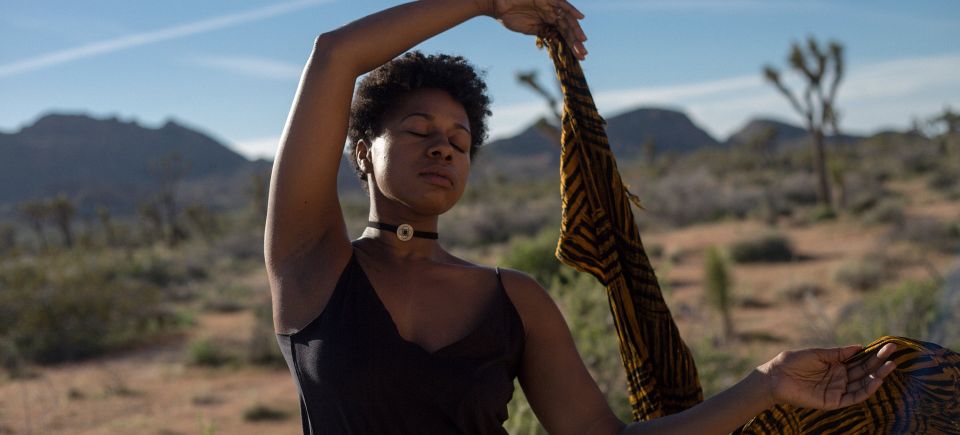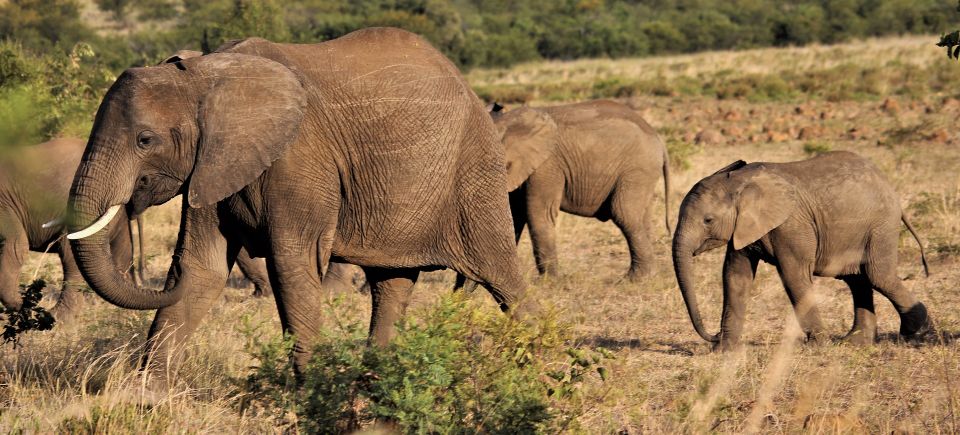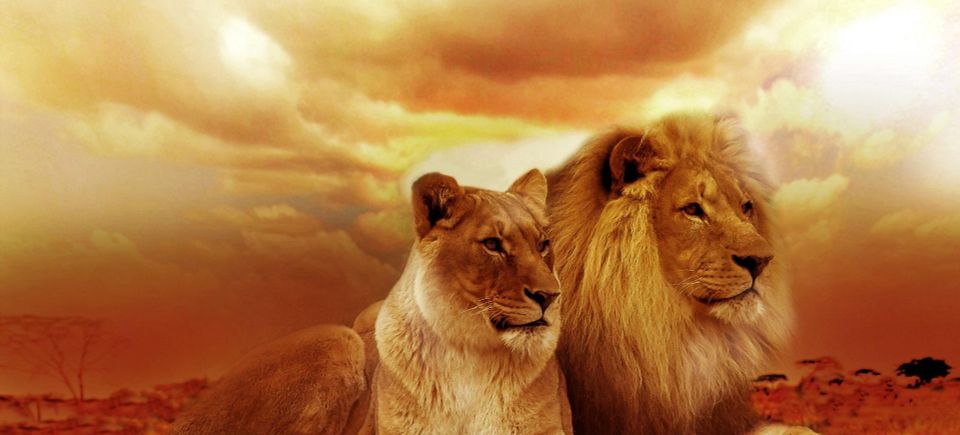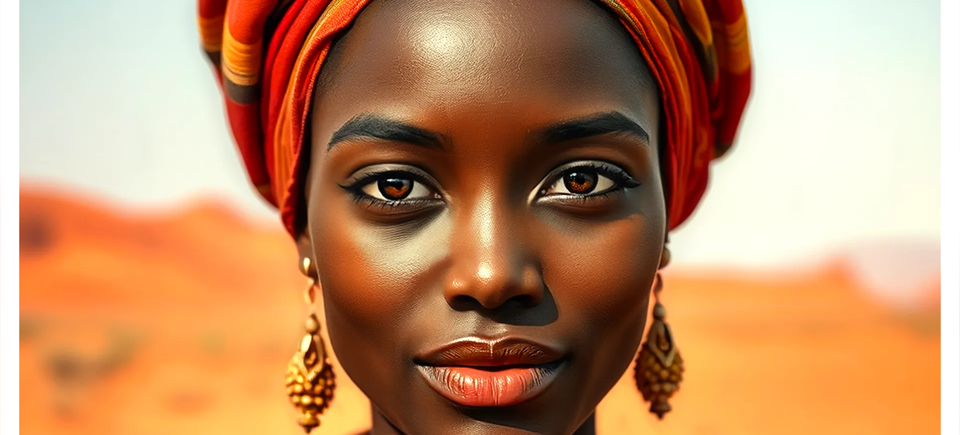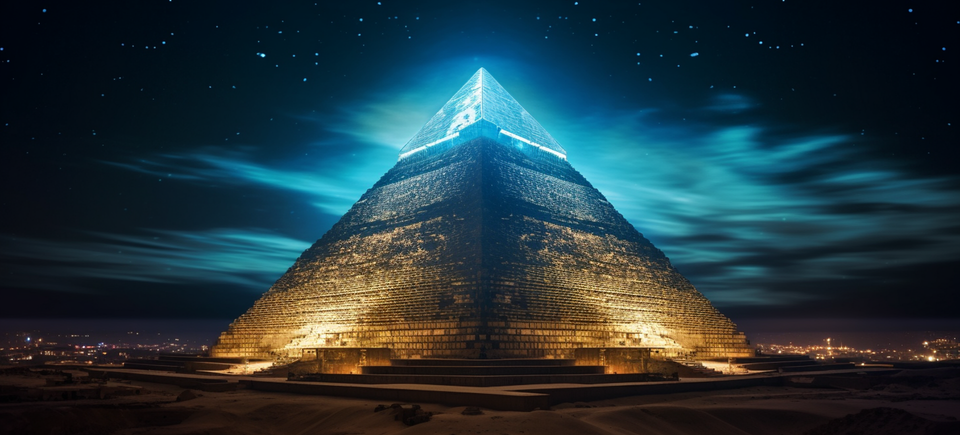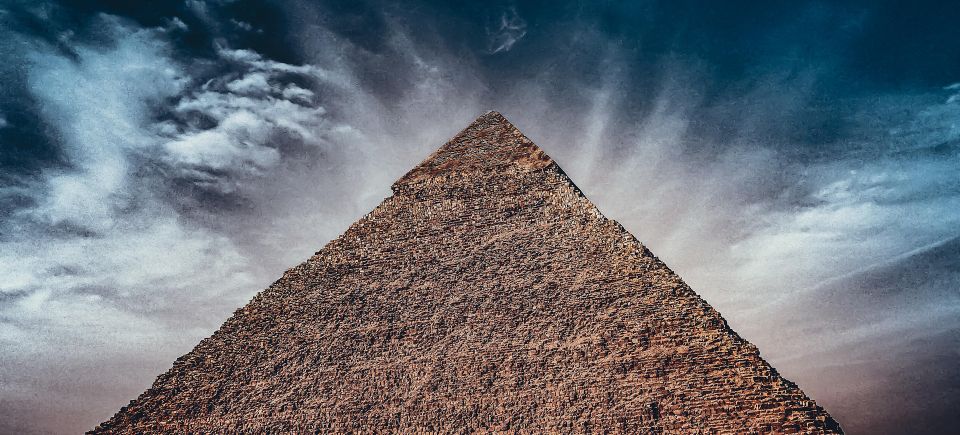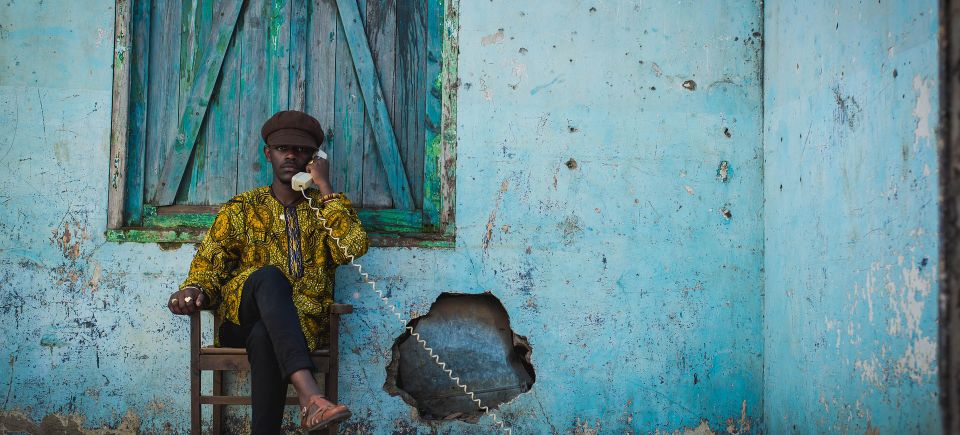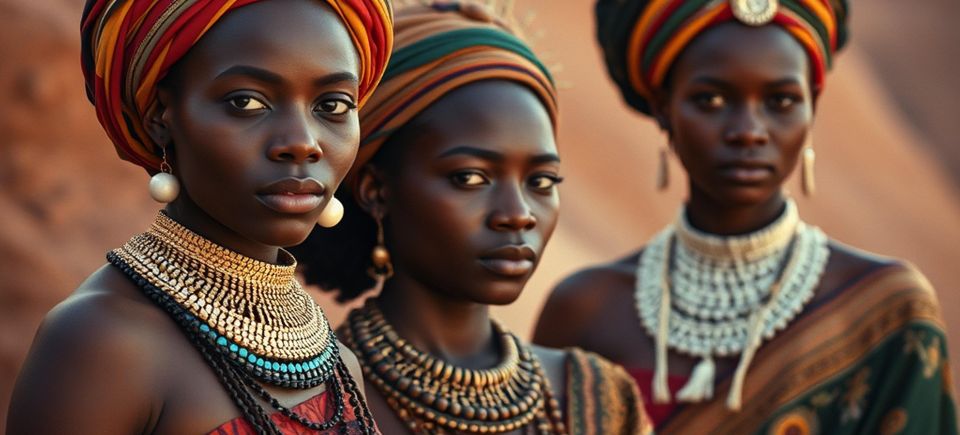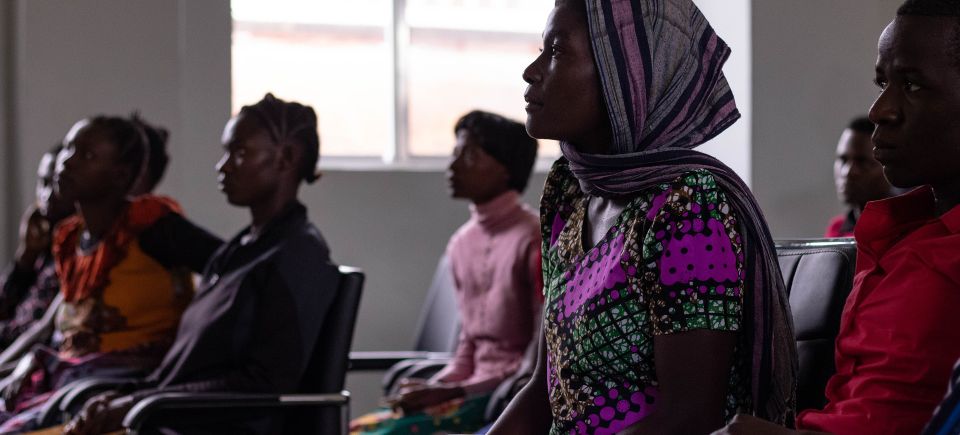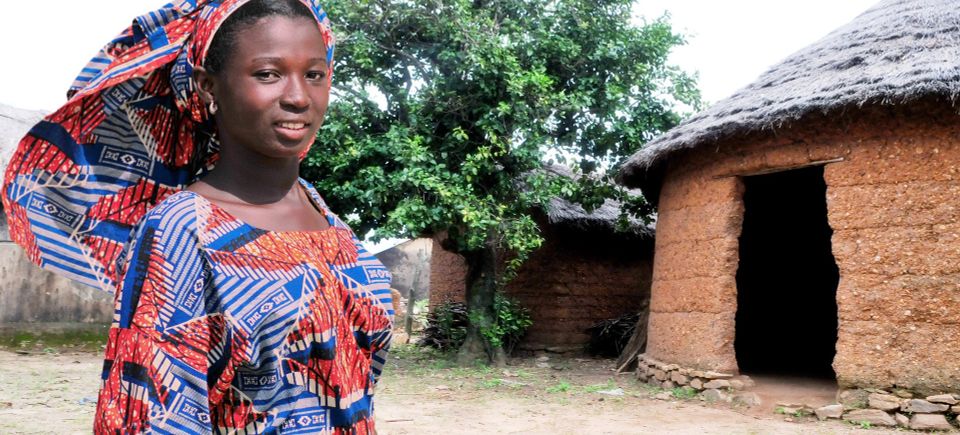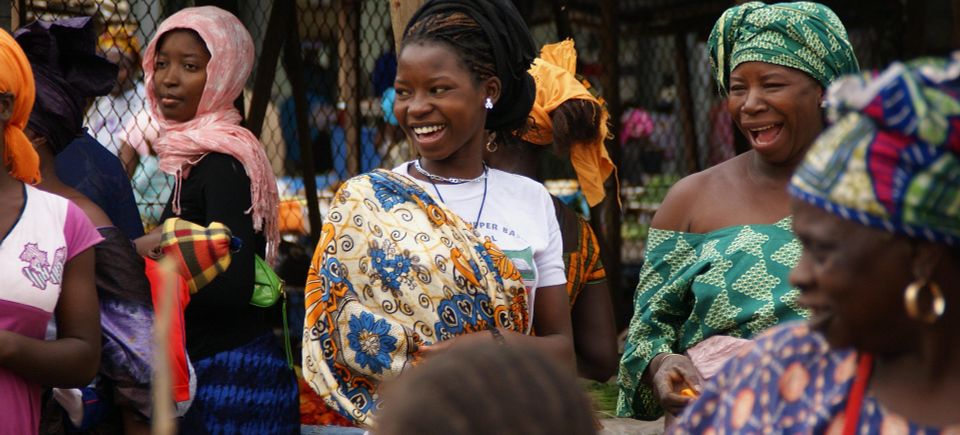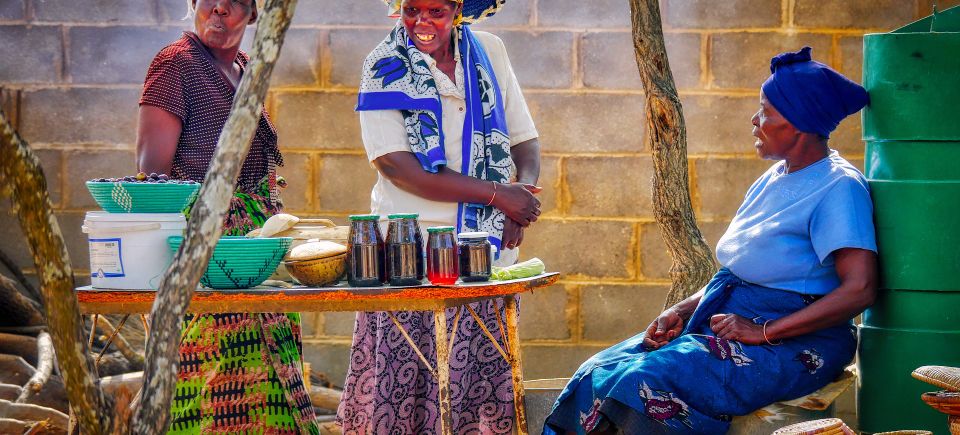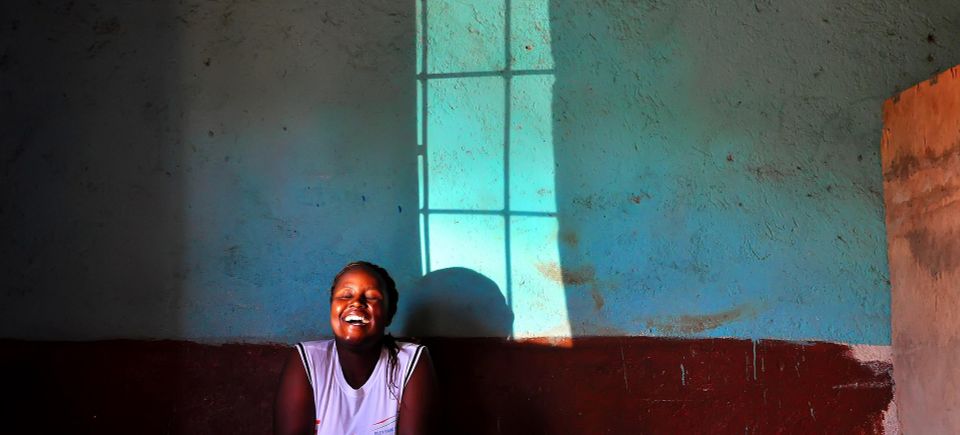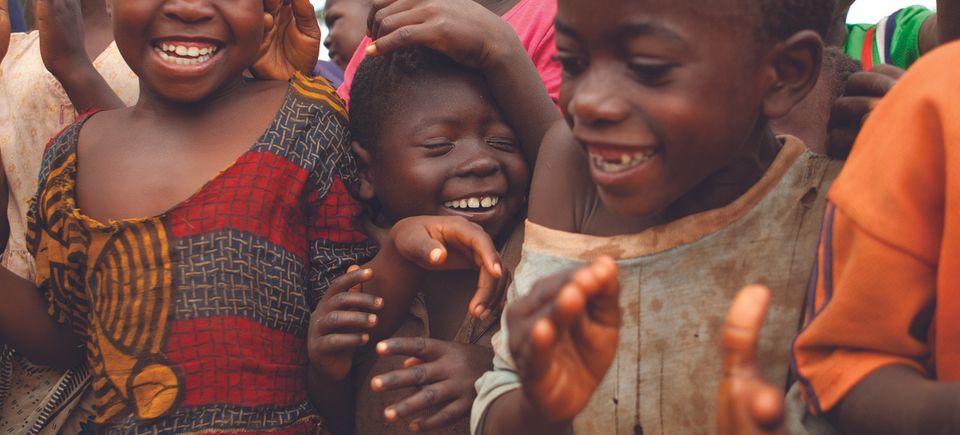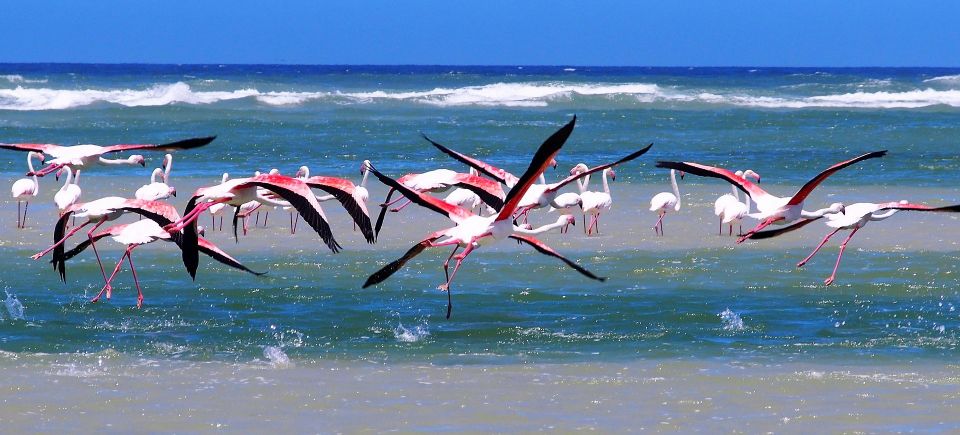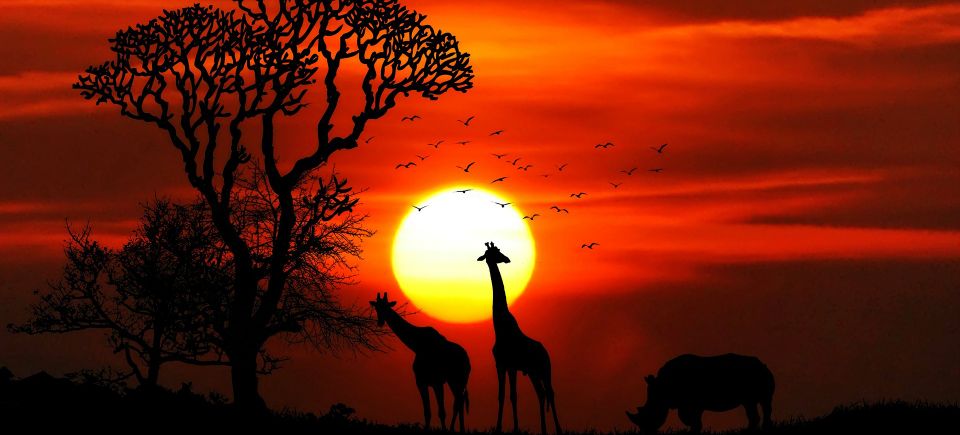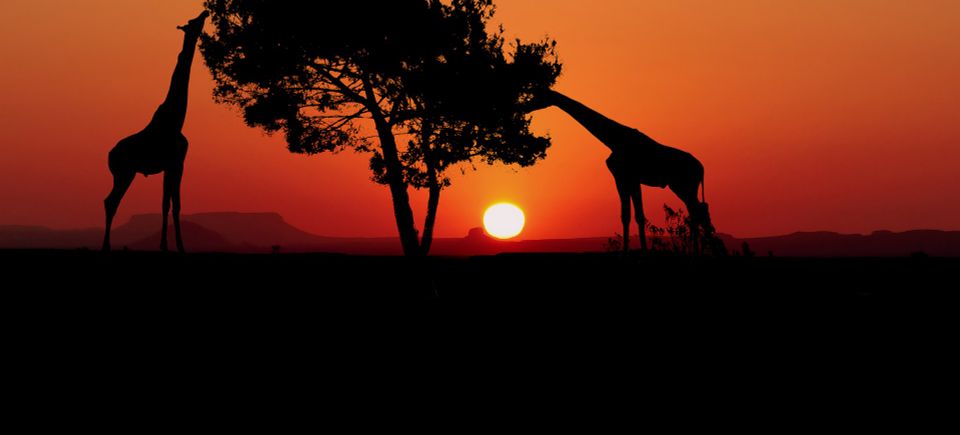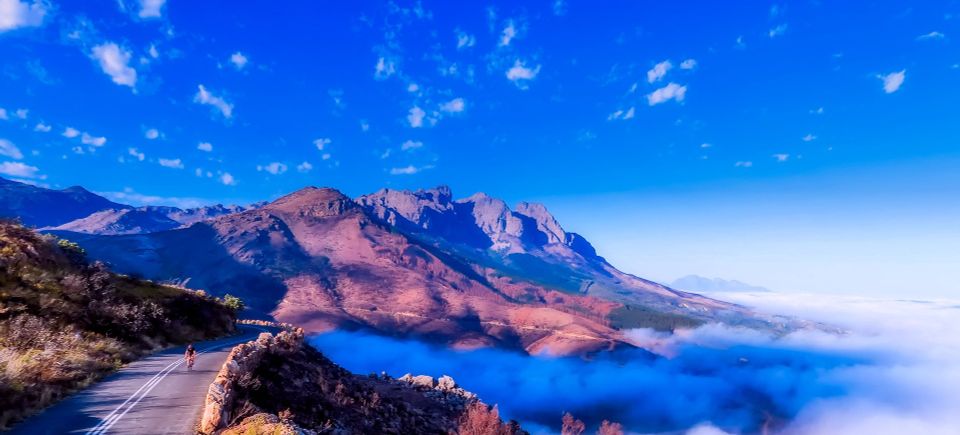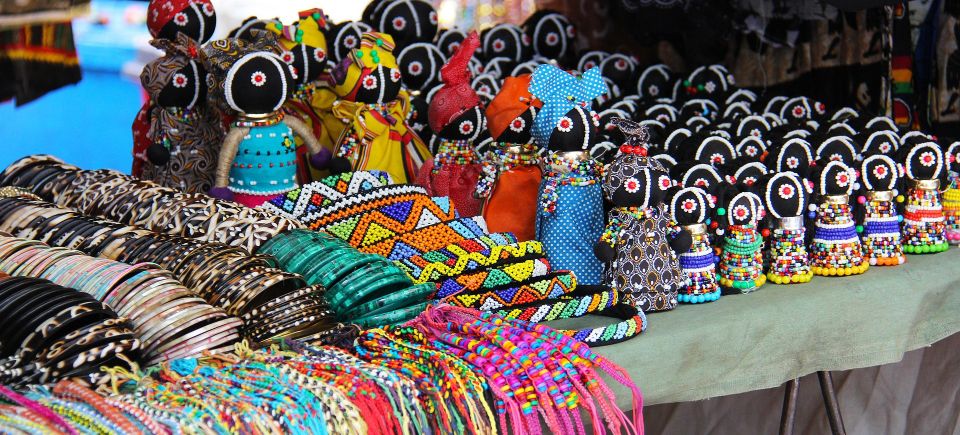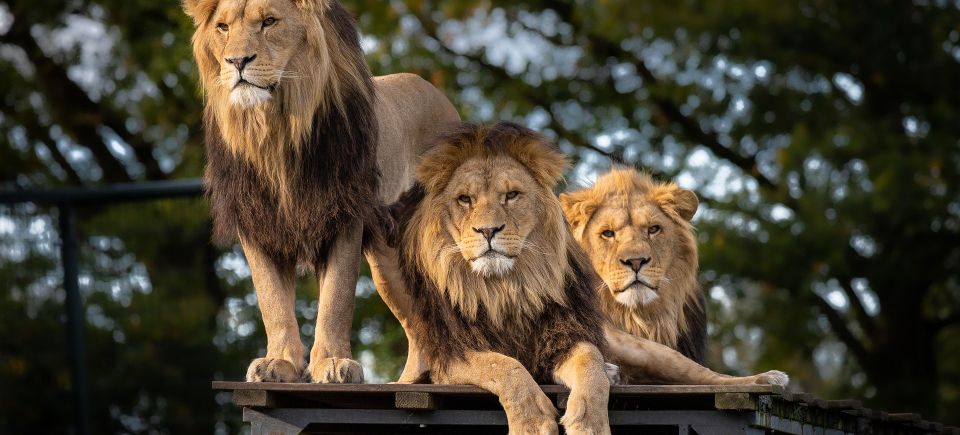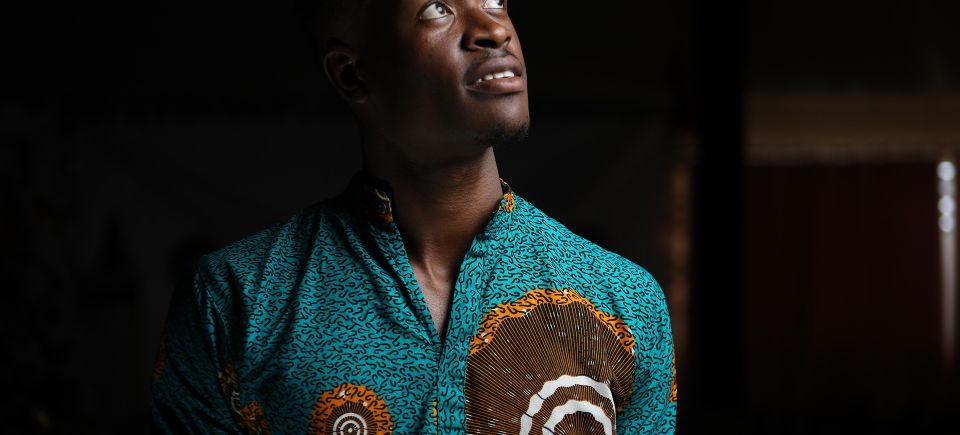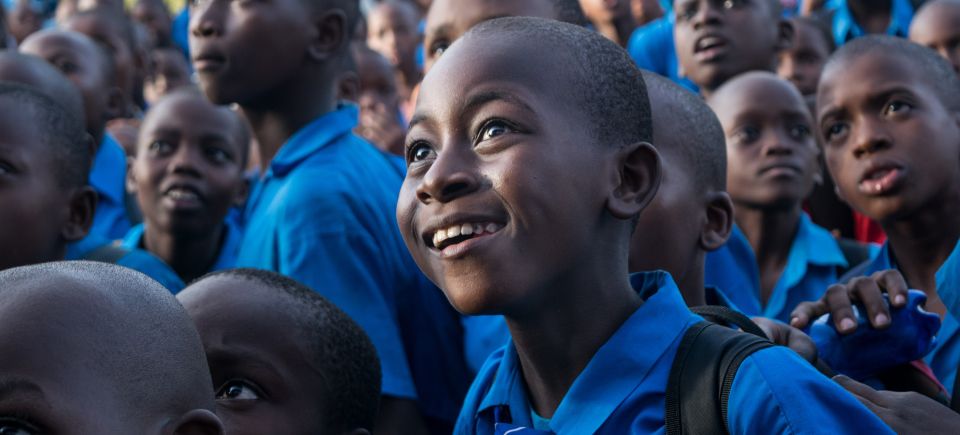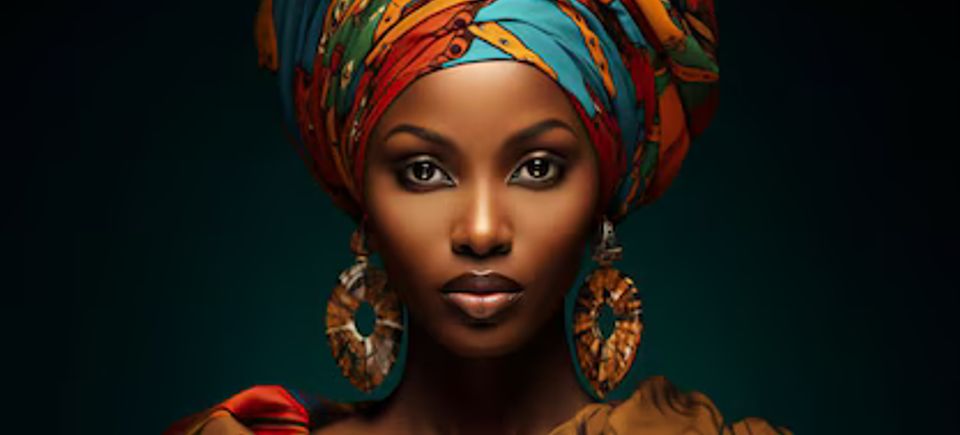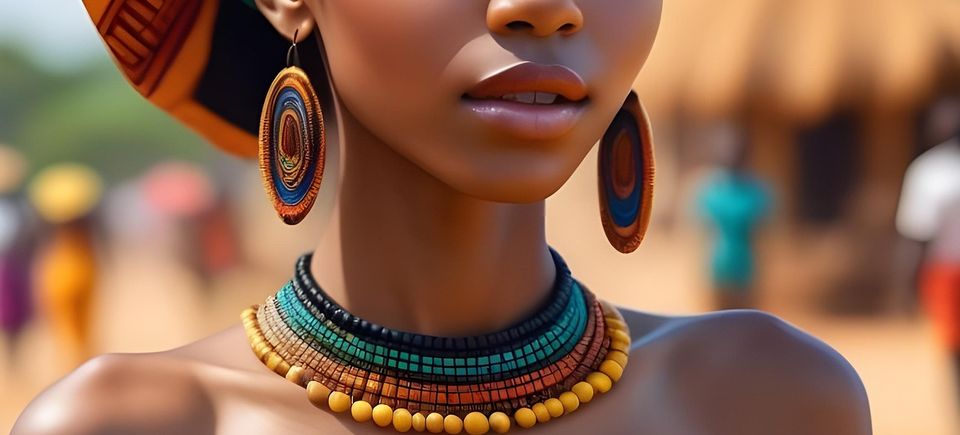Africa is the world's second-largest and second-most populous
continent after
Asia. At about 30.3 million km2 (11.7 million square miles) including adjacent islands, it covers 20% of
Earth's land area and 6% of its total surface area.
[9] With nearly 1.4 billion people as of 2021, it accounts for about 18% of the world's
human population. Africa's population is the youngest among all the continents;
[10][11] the
median age in 2012 was 19.7, when the worldwide median age was 30.4.
[12] Based on 2024 projections, Africa's population will reach 3.8 billion people by 2099.
[13] Africa is the least wealthy inhabited continent
per capita and second-least wealthy by total wealth, ahead of
Oceania. Scholars have attributed this to different factors including
geography,
climate,
[14] corruption,
[14] colonialism, the
Cold War,
[15][16] and
neocolonialism. Despite this low concentration of wealth, recent economic expansion and a large and young population make Africa an important economic market in the broader global context. Africa has a large quantity of
natural resources resources, including
diamonds,
sugar,
salt,
gold,
iron,
cobalt,
uranium,
copper,
bauxite,
silver,
petroleum,
natural gas,
cocoa beans, and
tropical fruit.
The continent is surrounded by the
Mediterranean Sea to the north, the
Arabian Plate and the
Gulf of Aqaba to the northeast, the
Indian Ocean to the southeast and the
Atlantic Ocean to the west. The continent includes
Madagascar and various
archipelagos. It contains
54 fully recognised sovereign states, eight
cities and islands that are part of non-African states, and two
de facto independent
states with limited or no recognition. This count does not include
Malta and
Sicily, which are geologically part of the African continent.
Algeria is Africa's largest country by area, and
Nigeria is its largest by population. African nations cooperate through the establishment of the
African Union, which is headquartered in
Addis Ababa.



